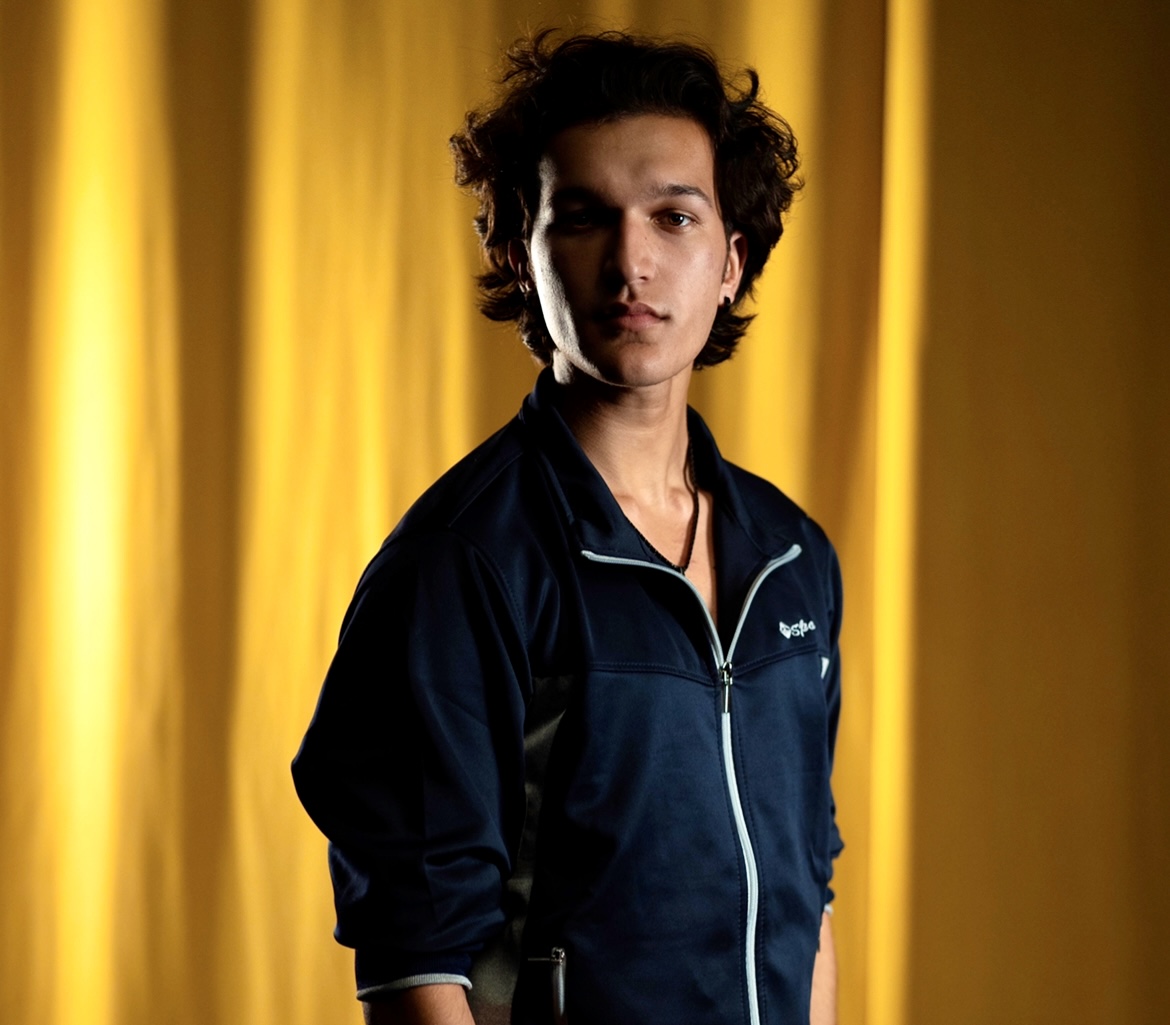Research Symposium
22nd annual Undergraduate Research Symposium
Sean Faletti Poster Session 5: 1:30 - 2:15/Poster #6

BIO
Sean Faletti is a first-year student from Orlando, Florida. On-campus, he is a part of the Presidential Scholars Program, Reverb A Capella, AASU, SASA, and Phi Eta Sigma. Sean is very grateful for his research mentor, Dr. Christina Owens, and his research partner, Hanna Herndon, for making UROP such a valuable experience.
Visual Performances of U.S.-Japanese Cultural Relations
Authors: Sean Faletti, Dr. Christina OwensStudent Major: Creative Writing and Music
Mentor: Dr. Christina Owens
Mentor's Department: Honors Program Mentor's College: College of Arts and Sciences Co-Presenters: Hanna Herndon
Abstract
This study explores and analyzes how various visual performances and social media platforms represent the current relationship between Japan and the United States. American expatriates/ influencers and directors sometimes tend to misrepresent Japan and its culture through a Westernized lens. American-generated content has historically portrayed Japan from a place of white saviorism and Japanese villainization, rather than an accurate or unbiased viewpoint. For this project, we examined how the performative nature of race and gender affects the portrayal of transnational relationships between the United States and Japan. We created an archive of primary sources (containing films, TikToks, and Youtube videos), commentary sources, and scholarly texts. We watched and coded these texts in order to complete the database. With this in mind, the concrete goal of this study was to research these various social media platforms and films, create the aforementioned archive, and code the results, creating a new understanding that will better inform audiences about the cultural relations between the U.S. and Japan. This project culminated in two literature reviews, one compiling and analyzing films related to this project, and the other examining the social media influences involved. After concluding this project, results were determined based on newfound understandings. Through the examination of both older and modern films, in contrast with modern popular social media, it is clear that, though tropes and trends surrounding the portrayal of U.S.-Japanese relations have changed, many still remain the same.
Keywords: Japan, Culture, Performance, Humanities

